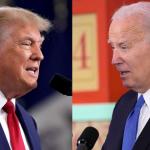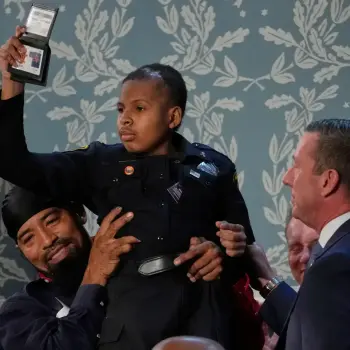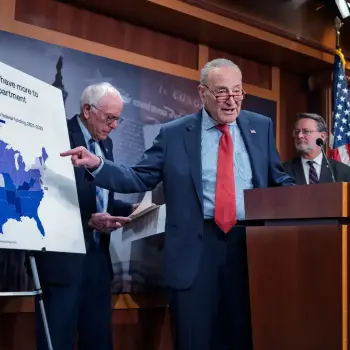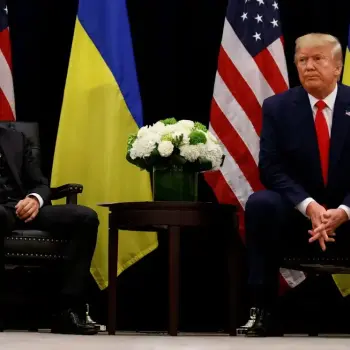Only seven countries in the world—Saudi Arabia, Oman, the UAE, Qatar, Brunei, Afghanistan, and the Vatican—do not claim to be democratic.
However, as Winston Churchill famously noted, democracy is “the worst form of government except all those other forms that have been tried from time to time.”
Just ask the folks shivering in the cold to vote in New Hampshire’s presidential primaries tonight.
Every state in the Union will hold a primary election or caucus to help nominate candidates for president of the United States. Then comes the political conventions, followed by more campaigning, followed by the elections. More than $10 billion will be spent on political ads this year.
And that’s just for the White House. In 2020, 2,371 people ran for the US Congress. Not to mention the multiplied thousands who ran for state and local offices and all the money they raised and spent.
Why do we do our governance this way?
There’s a right answer and a wrong answer. Choosing correctly is critical to our future as a nation.
The wrong answer to our question
Many who run for office believe they are the best candidate for the position, that in a sense they “deserve” to win. Many who vote in elections believe that their views should prevail and their wishes should be championed by their government, that in a sense they “deserve” for their candidates to win.
In other words, many of us are political consumers who “purchase” what we want by running for office or voting in elections. Our nation’s governance is a means to our personal ends.
This is the wrong answer to our question.
In his essay “Equality,” C. S. Lewis wrote that he believed in democracy “because I believe in the Fall of Man.” He continued:
I think most people [believe in democracy] for the opposite reason. A great deal of democratic enthusiasm descends from the ideas of people like Rousseau, who believed in democracy because they thought mankind so wise and good that everyone deserved a share in the government. The danger of defending democracy on these grounds is that they’re not true.
Why not?
Lewis explained: “I find that they’re not true without looking further than myself. I don’t deserve a share in governing a hen-roost, much less a nation.”
The right answer to our question
Consequently, Lewis noted, “Mankind is so fallen that no man can be trusted with unchecked power over his fellows.”
Here we find the right answer to our question.
- We should run for office as fallen people who recognize that we desperately need the leadership, wisdom, and strength only God can provide.
- We should run because God has called us into public service by his grace and because we wish to serve him gratefully by serving our nation and our constituents.
- We should serve in dependence on his Spirit because only then can we partner with God in fulfilling his plans for our people (Jeremiah 29:11).
The more leaders think they deserve their office, the less they do.
The same is true for the rest of us.
- We should pray before we vote and then vote as God directs us.
- We should discuss political candidates in ways that do not demean them (Proverbs 10:18) or dishonor our Lord (1 Corinthians 10:31).
- When our leaders fall short of God’s intention, we should remember Oswald Chambers’ maxim: “God never gives us discernment so that we may criticize, but that we may intercede.”
Here’s a fact we must never forget:
“Kingship belongs to the Lᴏʀᴅ, and he rules over the nations” (Psalm 22:28).
To whom does the “kingship” of your life belong today?
Tuesday news to know
- 21 Israeli troops are killed in the deadliest attack on the military since the Gaza offensive began
- Israel proposes 2-month fighting pause in Gaza for release of all hostages
- Dexter Scott King, younger son of Martin Luther King Jr., dies at 62
- Supreme Court rules border agents can remove razor wire erected by Texas
- Hologram lecturers thrill students at trailblazing UK university
Quote for the day
“A vote is like a rifle—its usefulness depends upon the character of the user.” —Theodore Roosevelt












